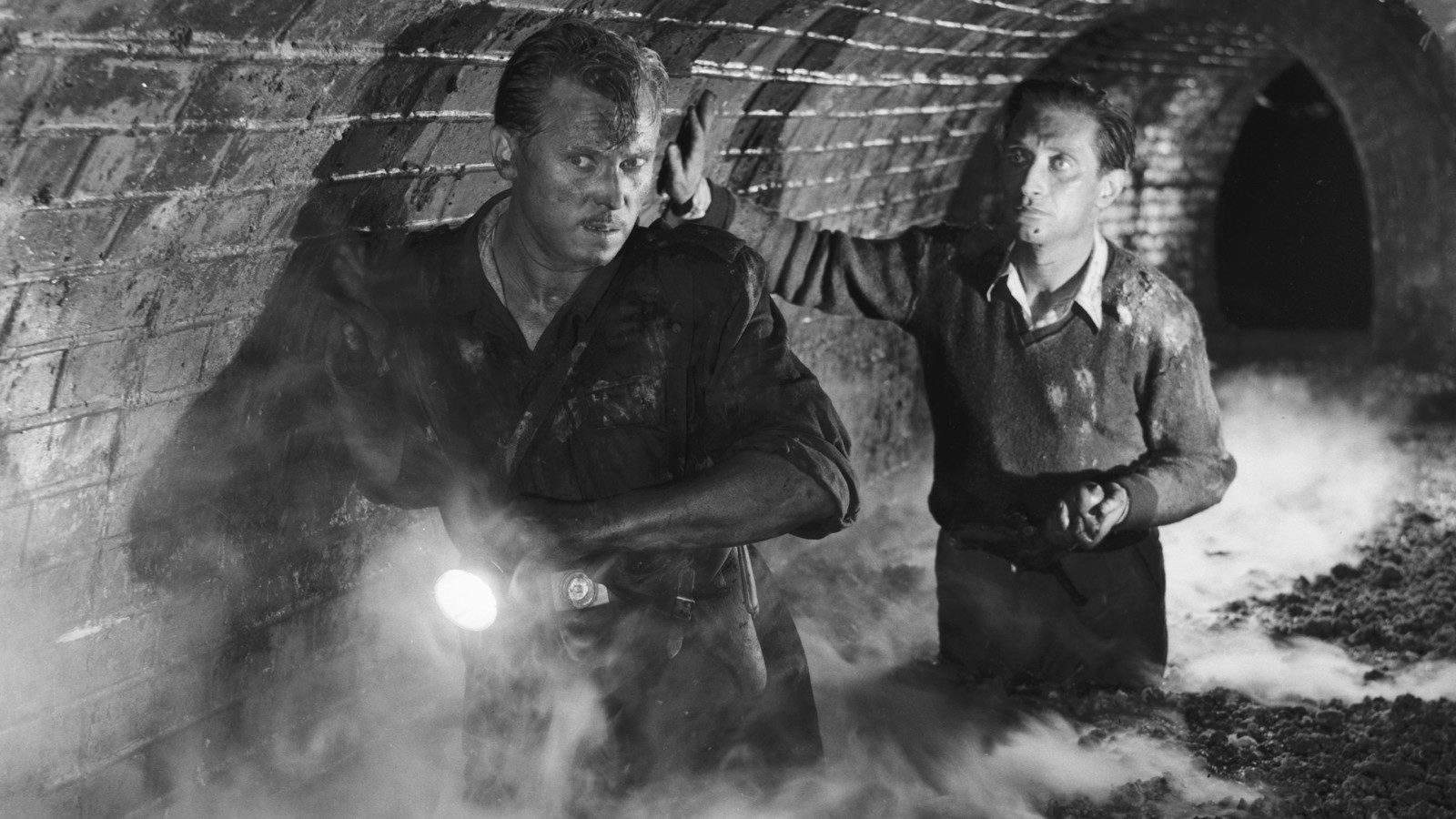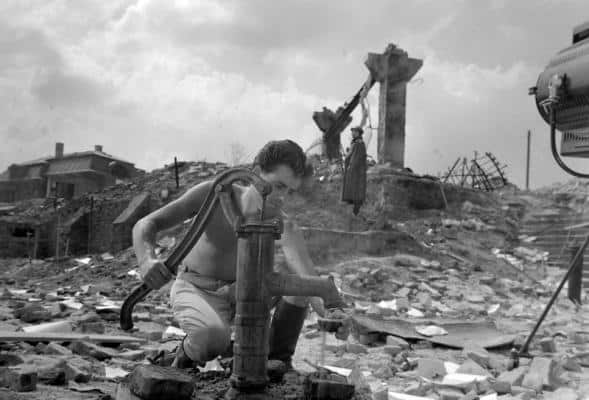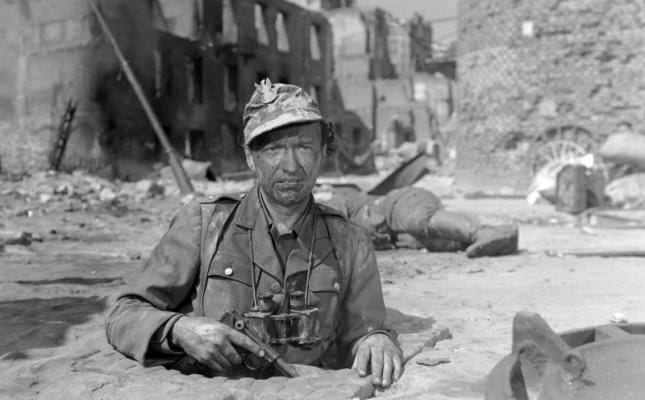As the New York Polish Film Festival celebrates its 20th anniversary, we return to one of the most haunting and defining films in Polish cinema: Kanał by Andrzej Wajda.
Screened as part of our special tribute to Wajda—marking the 25th anniversary of his Honorary Oscar®—Kanał (1957) remains a powerful reflection on war, loss, and what it means to fight when all hope is lost.
On Tuesday, May 27, the film will be shown at Scandinavia House, followed by a panel discussion with film scholars Prof. Annette Insdorf (Columbia University) and Dr. Rafał Syska (Jagiellonian University), examining Wajda’s enduring legacy.
A Breakthrough in Polish Cinema
Set during the final days of the 1944 Warsaw Uprising, Kanał follows a group of resistance fighters forced into the city's sewers to escape the advancing Nazi forces. It was Wajda’s second feature film, and the first Polish film to tackle the Uprising head-on.
Premiering at a time when Poland was beginning to emerge from the grip of Stalinist censorship, Kanał was a revelation. It stunned international audiences and earned Wajda the Special Jury Prize at the 1957 Cannes Film Festival, placing him—and Polish cinema—on the global stage.
A Descent into Darkness—Literal and Emotional
The film’s title, which means “sewer,” is both literal and symbolic. As the fighters descend into Warsaw’s underground tunnels, so too do they descend into psychological fragmentation and existential despair.
The characters—once idealized resistance heroes—are stripped of myth. They become lost, afraid, and undone. Their deaths are not romantic. Their sacrifices go unnoticed. Kanał doesn’t offer resolution or victory. Instead, it offers truth—unfiltered and profoundly human.
War as Memory, Not Myth
What makes Kanał resonate today is not just its depiction of war, but its refusal to glorify it. The Warsaw Uprising was a moment of profound courage, but Wajda focuses on the human cost rather than national triumph.
In doing so, he invites audiences to reflect on the trauma of war not as something distant, but as a living wound—one carried in silence, in memory, and in the spaces that history often forgets.
A Cinematic Masterclass
Shot in stark black and white, the film’s visual style is deliberately oppressive. Tight frames, echoing sound, and long, disorienting shots create an atmosphere that is at once claustrophobic and meditative.
The sewer becomes a character of its own—a place where time dissolves and identity fades. There are no clear heroes, no solutions. Only questions. And silence.
The Film That Made Wajda
Kanał was the first installment in Wajda’s “war trilogy,” followed by Ashes and Diamonds and Lotna. It also solidified Wajda’s role as one of Poland’s most vital cultural voices—a director unafraid to confront uncomfortable truths.
His work would continue to challenge authority, explore history, and give voice to the unheard throughout the Communist period and beyond. Without Kanał, there may never have been a Man of Marble or Man of Iron.
Why Kanał Still Matters
In 2025, the world is still reckoning with war, displacement, and the erasure of memory. Kanał speaks not only to the past, but also to our present.
As global audiences continue to seek out films that engage with truth and complexity, Wajda’s masterpiece remains urgently relevant. It’s a reminder that resistance is not always triumphant, that sacrifice is not always recognized, and that some battles are fought in darkness.
See It on the Big Screen at NYPFF
We invite you to experience Kanał as it was meant to be seen—on the big screen, in a room full of people who remember, reflect, and care.
🗓 Tuesday, May 27, 2025, 6PM
📍 Scandinavia House, New York City
🎬 Screening followed by a panel discussion: “Films by Andrzej Wajda”
🎟 Tickets:
https://nypff.com





0 comments